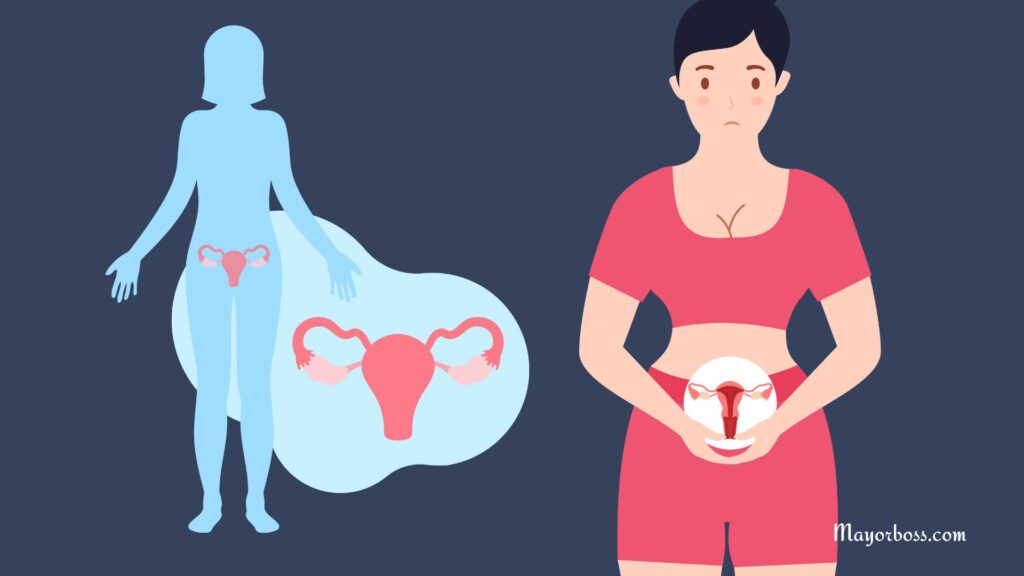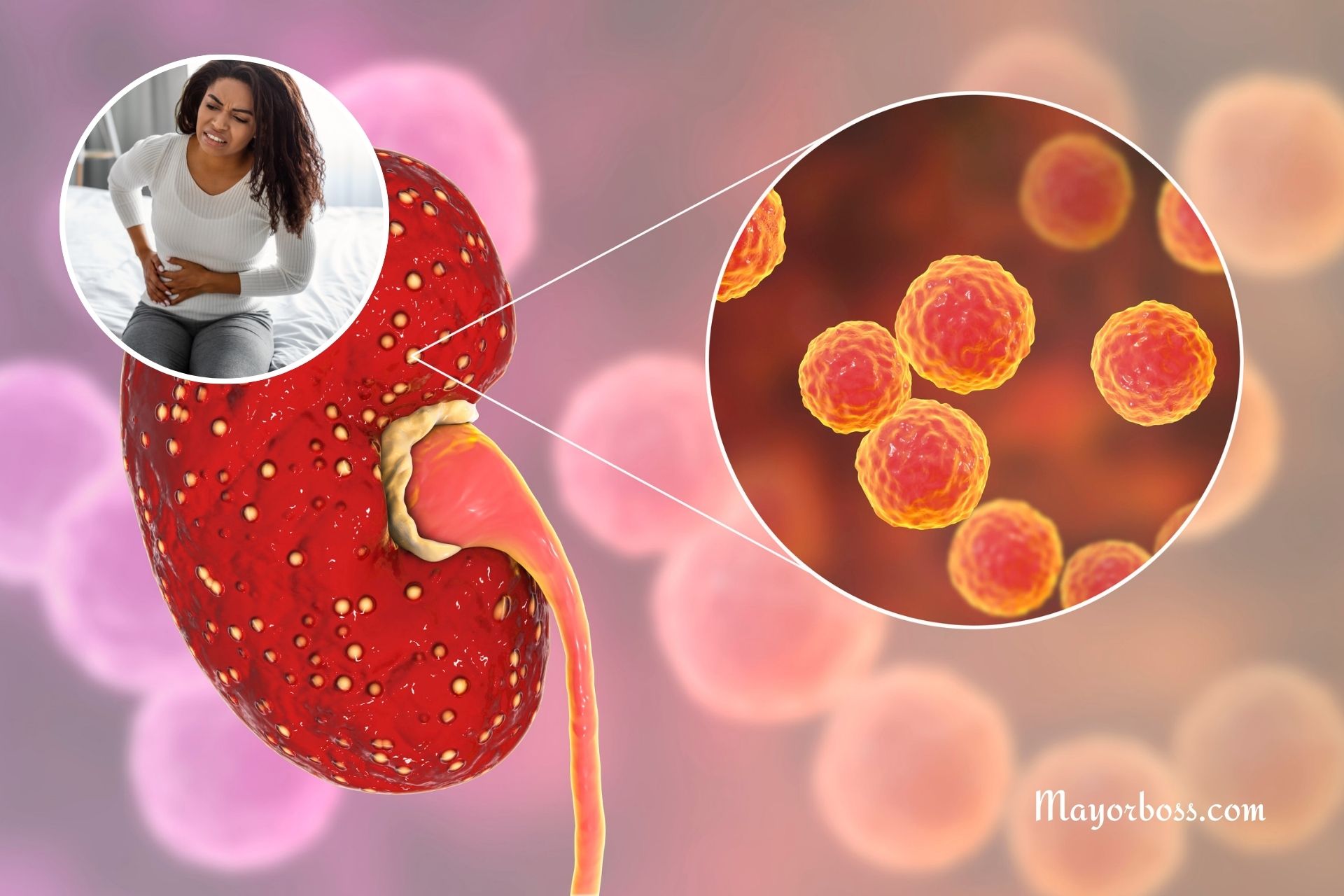10 Myths About the Female Reproductive System
The female reproductive system is complex and often misunderstood. Unfortunately, many myths still surround this vital part of women’s health. These myths can lead to confusion, fear, and poor health decisions. Let’s explore ten common myths and the truth behind them.

1. Myth: You can’t get pregnant during your period
Fact: While it’s less likely, pregnancy can still occur during menstruation. Sperm can live inside the female reproductive tract for up to five days. If a woman has a shorter menstrual cycle and ovulates soon after her period ends, sperm from period-time intercourse could fertilize an egg.
2. Myth: The hymen is always torn during the first intercourse
Fact: The hymen is a thin membrane at the vaginal opening, but it doesn’t completely cover it. It can stretch or tear from various activities like biking, gymnastics, or even tampon use, not just sex. Some women are even born with very little hymenal tissue. Its presence or absence says nothing about virginity.
3. Myth: Vaginas need to be cleaned with special soaps or douches
Fact: The American College of Obstetricians and Gynecologists points out that the vagina is self-cleaning. It produces natural secretions that help keep it healthy. Washing the external area (vulva) with mild water is enough. You don’t have to use any type of soap to wash your vulva, according to the Mayo Clinic. Harsh soaps, scented wipes, or douches can upset the natural balance and lead to infections like bacterial vaginosis or yeast infections.
4. Myth: You can’t get pregnant while breastfeeding
Fact: Breastfeeding may delay ovulation, but it is not a reliable form of birth control, especially after the first six months. Ovulation can happen before the first postpartum period, which means pregnancy is possible even if menstruation hasn’t returned.
5. Myth: Menopause only causes hot flashes
Fact: Hot flashes are common, but menopause involves many other changes. Women may experience mood swings, vaginal dryness, sleep problems, joint pain, and memory issues. These symptoms vary from woman to woman and can last for years.
6. Myth: Irregular periods mean you can’t get pregnant
Fact: Irregular periods make predicting ovulation harder, but many women with irregular cycles still ovulate and can become pregnant. Conditions like polycystic ovary syndrome (PCOS) or thyroid imbalances may be the cause and can often be treated to improve fertility.

7. Myth: Having sex regularly will make your vagina loose
Fact: The vagina is made of elastic muscle tissue. It expands during intercourse and childbirth but returns to its usual shape afterward. Regular sex does not stretch it out permanently. Aging and childbirth can reduce pelvic muscle tone, but this can be improved with pelvic floor exercises like Kegels.
8. Myth: Women can’t get sexually transmitted infections (STIs) from oral sex
Fact: Oral sex can still spread infections like herpes, gonorrhea, chlamydia, syphilis, and HPV. Protection, such as dental dams or condoms, should be used during oral sex to reduce risk.
9. Myth: Tampons can get lost inside the body
Fact: A tampon cannot get lost in the body. The cervix (the opening to the uterus) is too small for a tampon to pass through. Sometimes a tampon can get lodged high in the vaginal canal, but it can always be removed—either by you or a healthcare provider if needed.
10. Myth: Women can’t enjoy sex after menopause
Fact: Many women continue to have satisfying sex lives after menopause. While hormonal changes can cause vaginal dryness or decreased libido, these can be managed with lubricants, vaginal estrogen, and open communication with a partner. Emotional closeness and overall health also contribute to intimacy.
Final Thoughts
Misinformation about the female reproductive system can lead to fear, stigma, and missed medical care. The truth is: women’s bodies are strong, adaptable, and deserve respect and proper knowledge. If you ever have concerns, don’t rely on myths or social media posts. Speak with a gynecologist or other healthcare professional who can guide you with accurate information.






